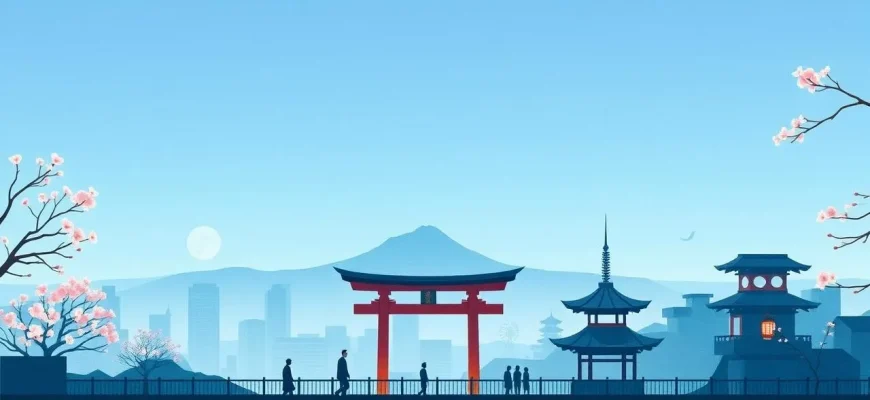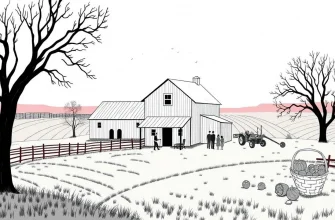Japanese cinema has long been celebrated for its ability to weave intricate stories that delve into the depths of human emotion and cultural nuances. This curated list of drama films offers a window into the soul of Japan, exploring themes from honor and tradition to the clash between modernity and ancient customs. Each film not only entertains but also educates, providing a rich tapestry of narratives that reflect the multifaceted nature of Japanese society.

Rashomon (1950)
Description: Akira Kurosawa's masterpiece that explores the subjectivity of truth through the retelling of a crime from four different perspectives. It's a profound look into human nature and the concept of truth.
Fact: The film's narrative structure has influenced countless films worldwide, introducing the term "Rashomon effect" into popular culture.
 Watch Now
Watch Now 
Departures (2008)
Description: This film follows a cellist who, after losing his job, becomes a nokanshi, a traditional Japanese ritual mortician. It's a poignant exploration of life, death, and the beauty of rituals, earning an Oscar for Best Foreign Language Film.
Fact: The film was inspired by the director's own experience of attending a funeral where he was deeply moved by the ceremony.
 Watch Now
Watch Now 
Tampopo (1985)
Description: A quirky and heartfelt film that blends comedy, drama, and food culture, focusing on a woman's quest to perfect her ramen noodle soup, reflecting on Japanese culinary traditions and social customs.
Fact: The film is often referred to as a "ramen western," a playful nod to spaghetti westerns.
 30 Days Free
30 Days Free 
Tokyo Story (1953)
Description: A timeless classic by Yasujiro Ozu, this film examines the generational divide and the changing dynamics within a family as elderly parents visit their children in Tokyo, only to find themselves neglected.
Fact: Ozu's minimalist style and his use of low camera angles to emphasize the characters' emotional states are signature elements of this film.
 30 Days Free
30 Days Free 
The Ballad of Narayama (1983)
Description: This film, set in a remote Japanese village, follows an elderly woman who must ascend a mountain to die as per tradition. It's a stark, beautiful examination of life, death, and the cycle of nature.
Fact: The film was remade from a 1958 version, but this one by Shohei Imamura won the Palme d'Or at Cannes.
 30 Days Free
30 Days Free 
After Life (1998)
Description: In this film, recently deceased individuals are given three days to choose a memory to take with them into eternity, offering a unique perspective on life's value and the memories that define us.
Fact: The film was inspired by the director's own experiences with his grandmother's death.
 30 Days Free
30 Days Free 
The Hidden Fortress (1958)
Description: This adventure film by Kurosawa, while not strictly a drama, delves into themes of loyalty, honor, and the samurai code, influencing George Lucas's "Star Wars."
Fact: The film's narrative structure and character dynamics were key inspirations for the Star Wars saga.
 30 Days Free
30 Days Free 
The Taste of Tea (2004)
Description: A whimsical exploration of a family's life in rural Japan, touching on themes of identity, memory, and the everyday beauty of life, all through a lens of surrealism.
Fact: The film features a unique animation sequence that adds to its dreamlike quality.
 30 Days Free
30 Days Free 
Nobody Knows (2004)
Description: Based on a true story, this film follows four children abandoned by their mother, highlighting the resilience of youth and the harsh realities of neglect in urban Japan.
Fact: The film was shot in a documentary style to capture the authenticity of the children's experiences.
 30 Days Free
30 Days Free 
The Eel (1997)
Description: A story of redemption and solitude, where a man, after serving time for murder, tries to rebuild his life with the help of an eel, symbolizing his own transformation.
Fact: The film won the Palme d'Or at the Cannes Film Festival, showcasing Imamura's unique storytelling style.
 30 Days Free
30 Days Free 








